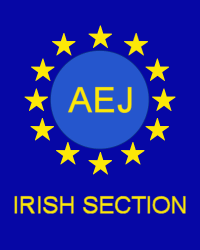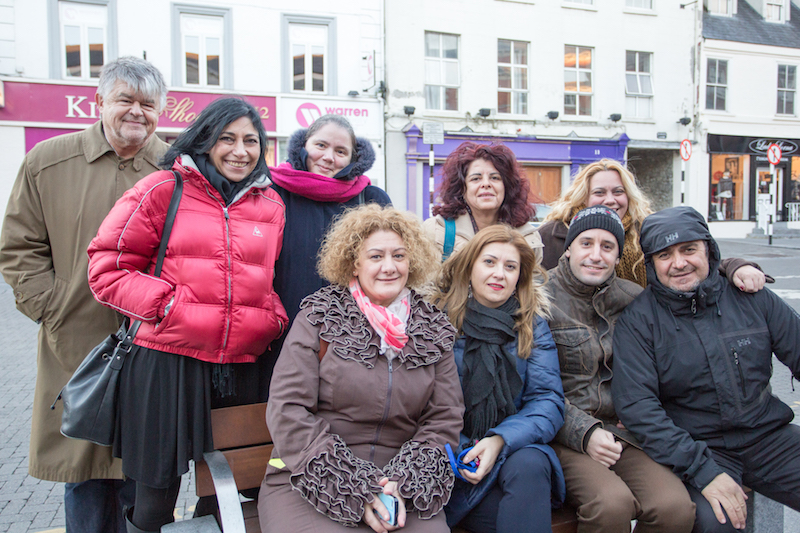Ireland should follow New Zealand’s example in filling the world demand for milk and milk products once the EU quota system end in 2015, the Minister for Agriculture, Food and the Marine, Simon Coveney told the Association of European Journalists on Friday, July 19th.
In 1985, both Ireland and New Zealand were each producing approximately five billion litres per annum but today New Zealand is producing 20 billion litres while is still producing the same quantity.
While Ireland currently tended to be concerned primarily with sustainability, the issue of increased production needed to be addressed equally to help meet the huge growing demand for food. By 2030, for example there would be a 50 per cent increased demand for food.
A 50 per cent increase in Ireland’s milk output might appear challenging but it only represented a two per cent increase of total EU output.
In a wide-ranging address, Minister Coveney said there was a view out there that the Irish food and drinks industry was stable. It was nothing of the sort. Food and drinks exports now accounted for 60 per cent of all indigenous exports which had grown by 25 per cent alone in the past two years. The secret to success as in added value as well as increased production.
“What Kerry Co-op is doing as a company, Ireland needs to do as a country,” he said. Kerry Co-op today has a turnover of ?5 billion and employs 24,000 people in 70 countries around the world. It was essentially “the Intel” of the food industry.
On CAP reform, the Minister said he did not believe there would be progress made until the Multiannual Financial Framework 2014-2020 (MAFF) is first decided. He was confident this may now be agreed in December and the CAP reforms then agreed during the Irish Presidency in the first six months of 2013. A key incentive to progress was the upcoming elections in Germany in Autumn 2013.
The negotiations were key to Ireland as ?1.2 bn of the ?2bn EU funds that come here annually come from the CAP.

